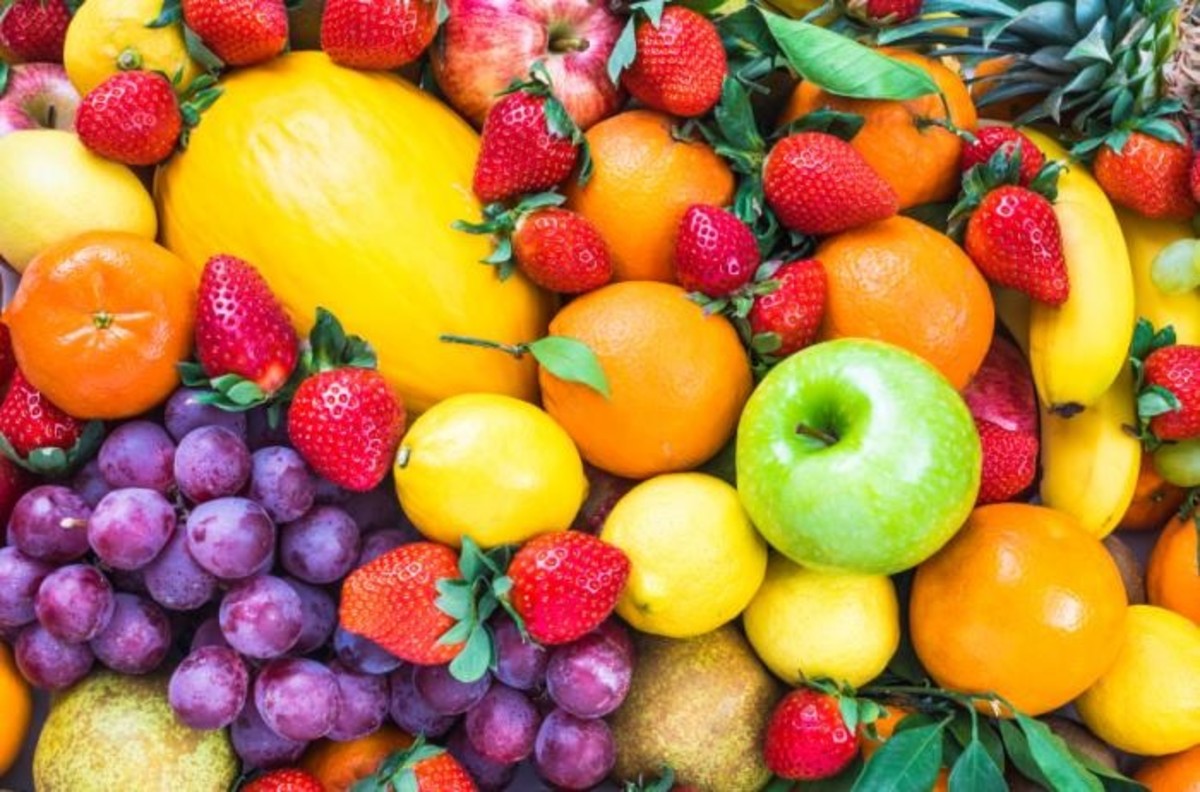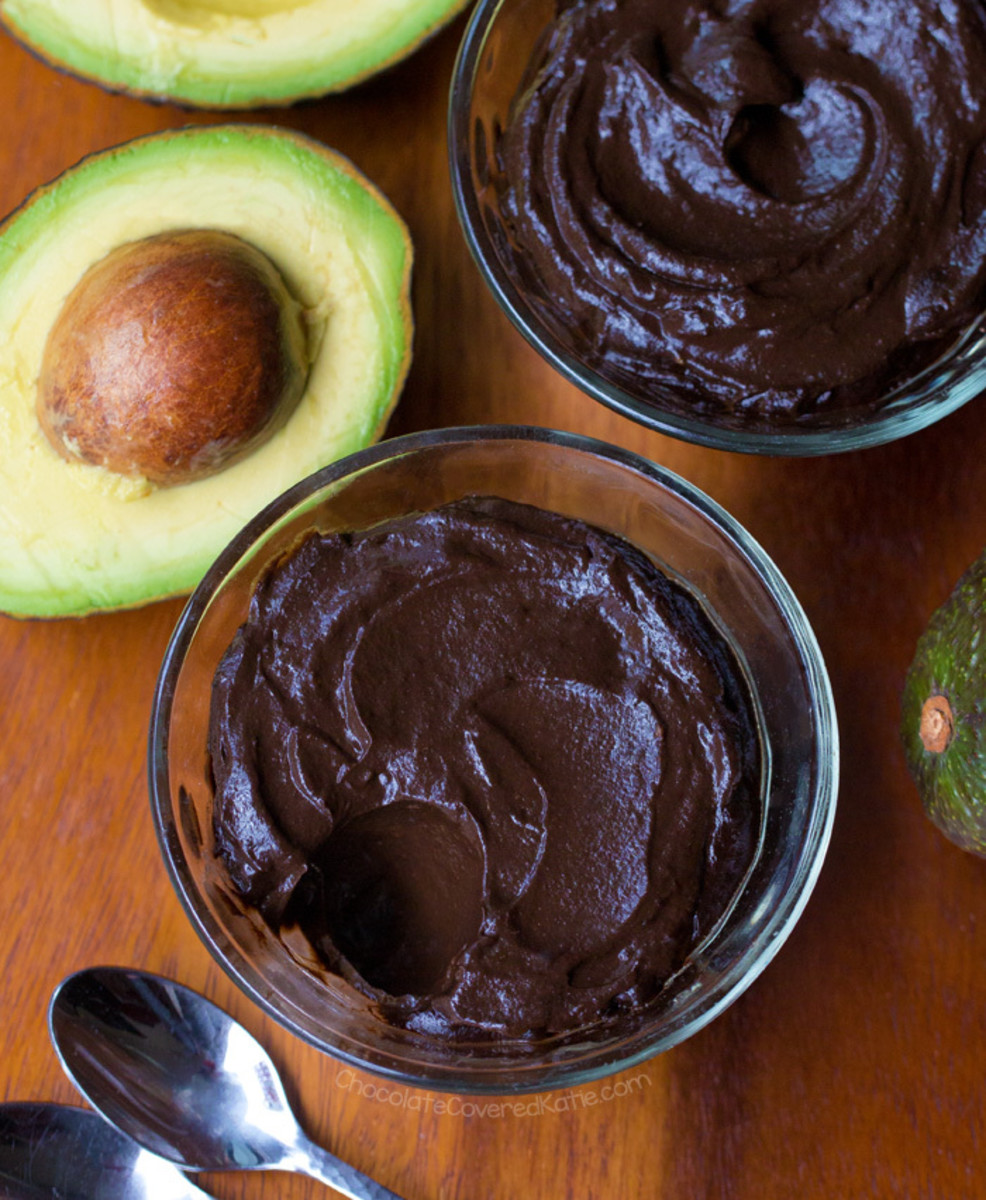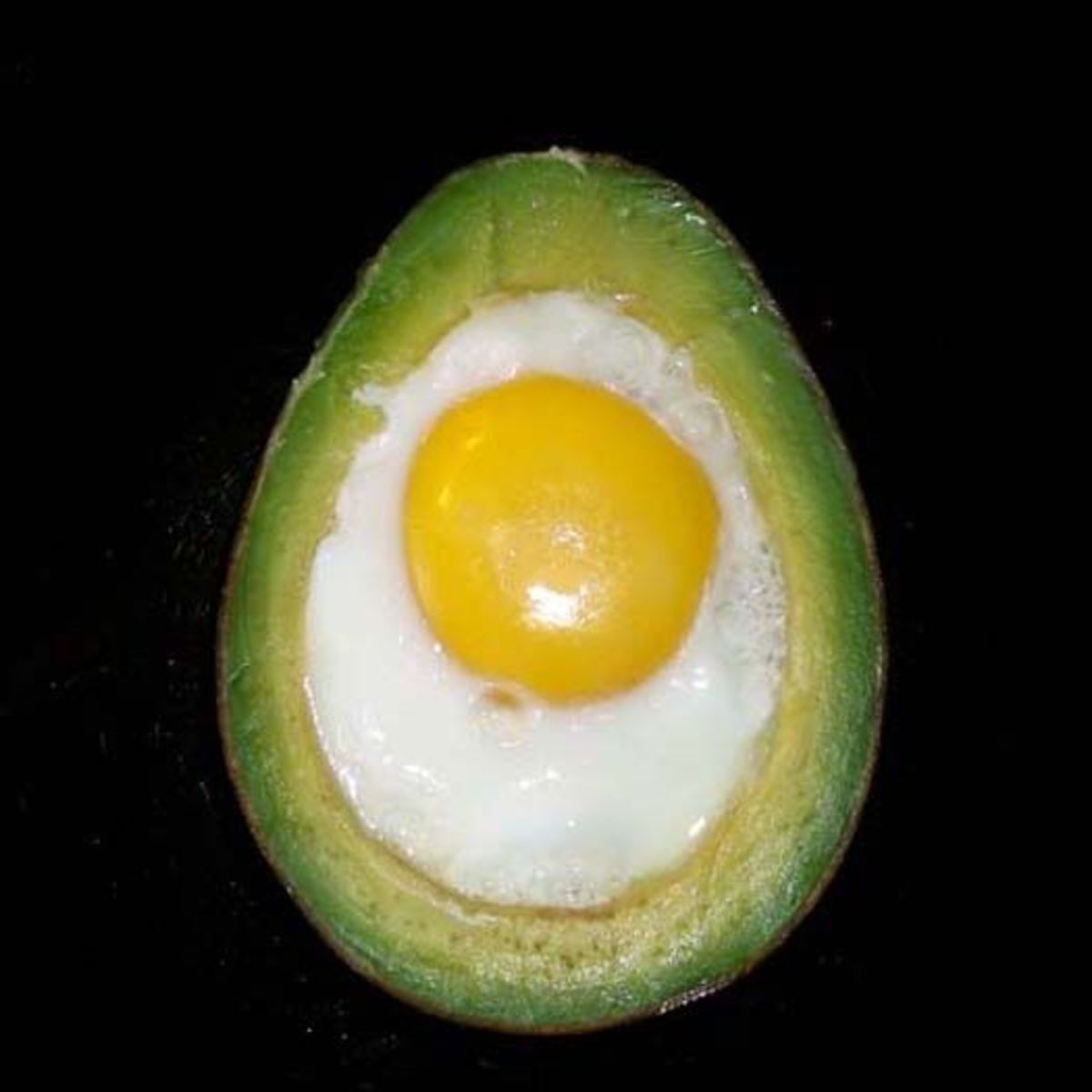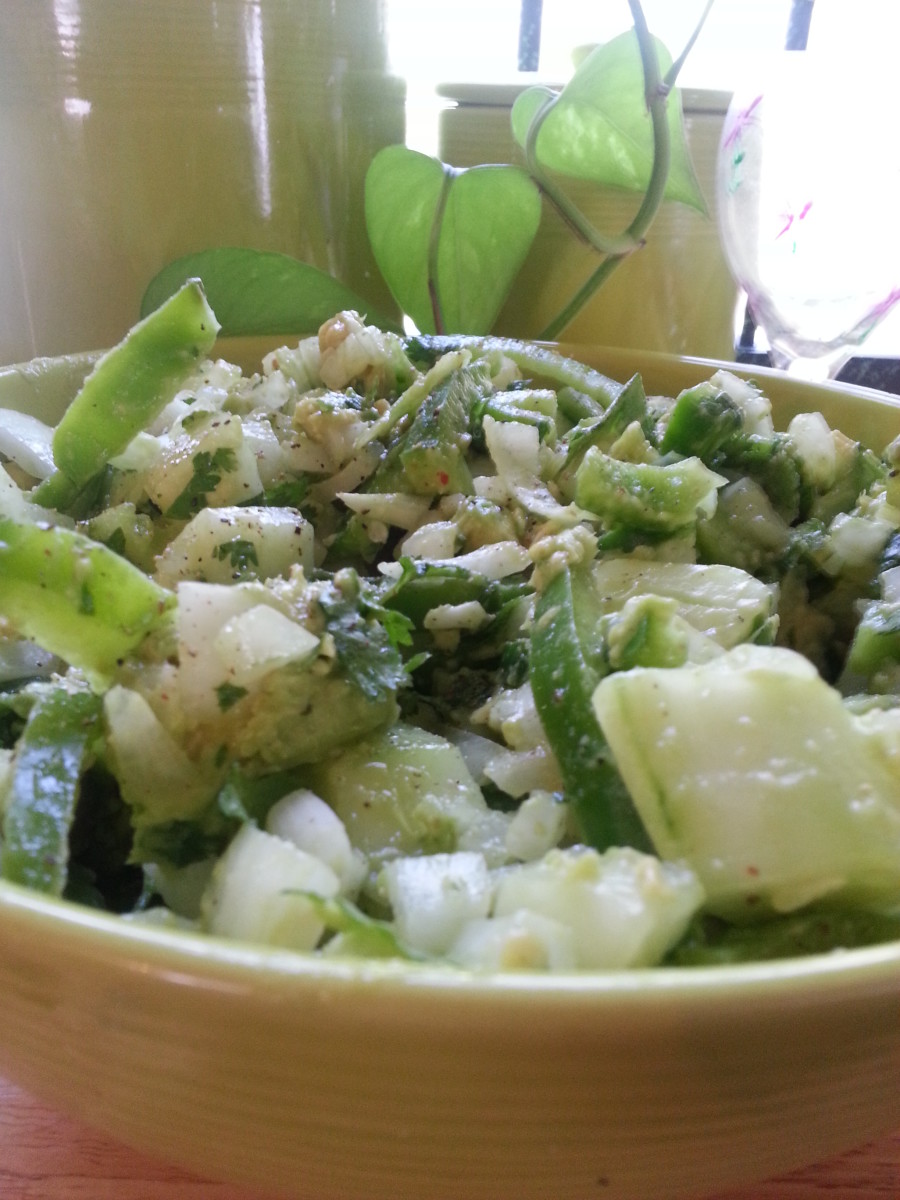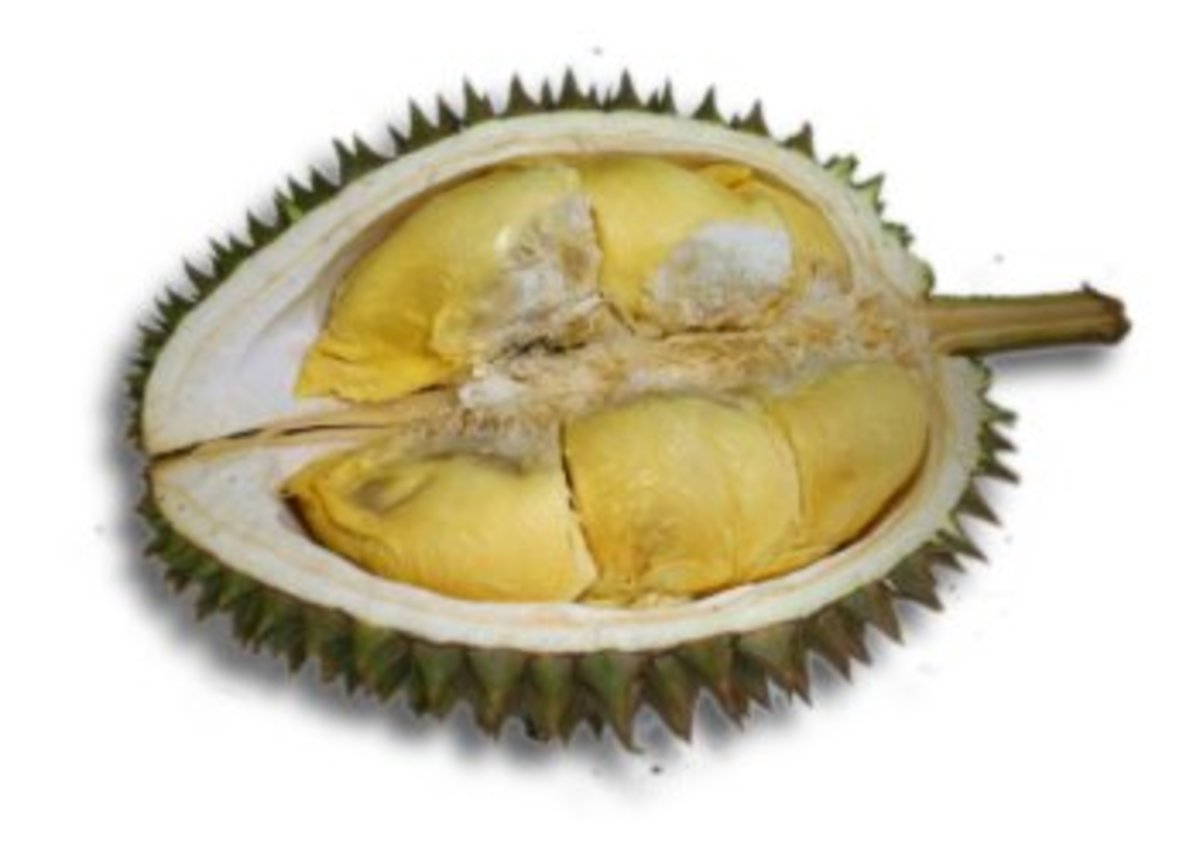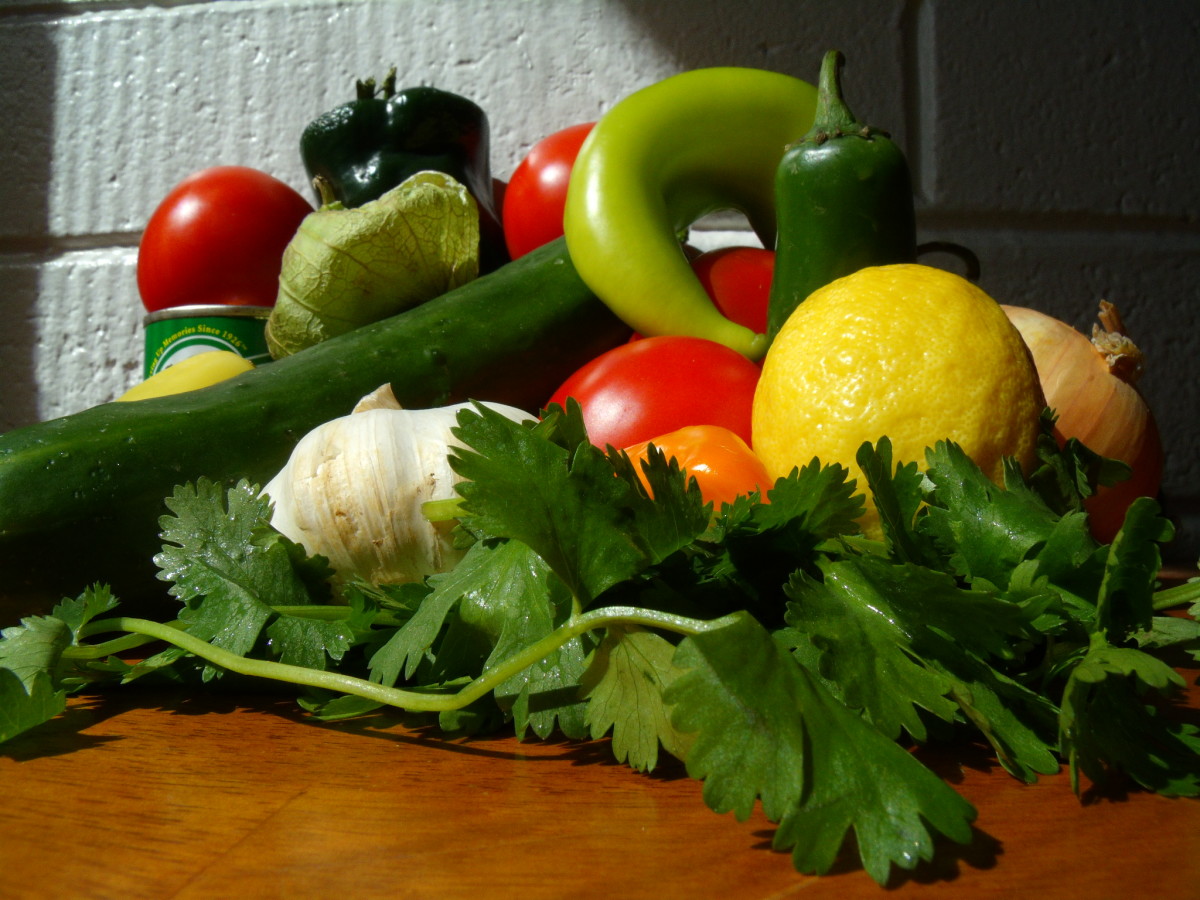The Amazing Truth About Avocados
An Avocado Tree
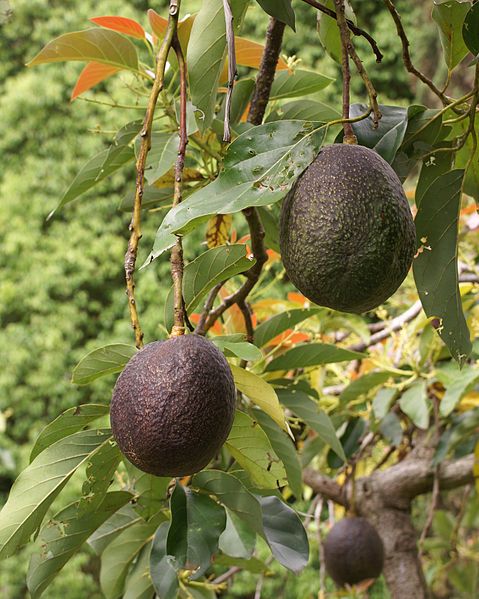
Avocado's Origins
Avocados are native to Central and South America where they have been cultivated for over 10,000 years.
Another name for the avocado is the alligator pear, so-called because of its pear shape and the alligator-like texture of its skin.
The Aztec word for avocado was ahuacatl, which means "testicle tree". A look at the picture below (avocado on a tree) might help throw some light on this rather graphic description.
Avocados have a reputation for being fatty or even fattening. That’s true on one level, but it’s only part of the story.
Did you know that avocados are fruits, and not vegetables? According to the University of California Agriculture & Natural Resources, the avocado is actually a single-seeded berry of the fleshy (as opposed to dry) variety.
Here are a few more facts that might surprise you.
Avocados are nutrient rich, packed with nearly 20 minerals and vitamins guaranteed to make staying healthy a lot easier. They are fatty, it's true, but with the right kind of "healthy" fat. 3 slices of avocado (roughly one ounce) contain 50 calories but less than 5 grams of fat, making them an indispensable part of any calorie-controlled diet.
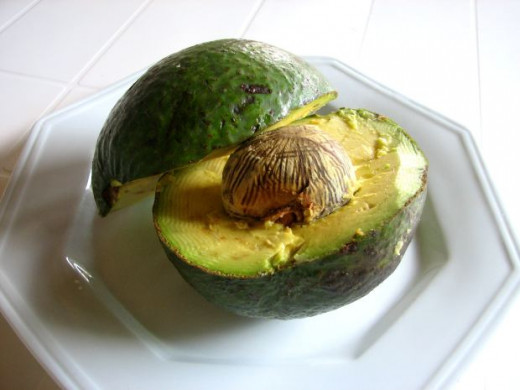
Avocados are Loaded with Potassium
Potassium is a mineral noted for its ability to protect against circulatory diseases. It regulates blood pressure and lessens the likelihood of heart disease or stroke. Just one avocado contains more potassium than a medium-sized banana - 50 per cent more - and considerably less sugar. These super foods also provide healthy amounts of vitamins C, E, B6 and K, as well as iron, copper, and dietary fiber.
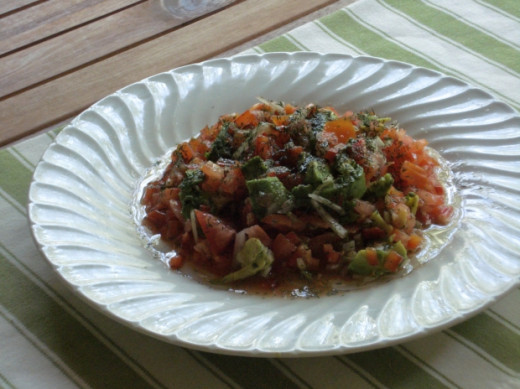
Fast Fact about Folate
The word "folate" comes from the Latin word folium, which means leaf. You can see how similar the word is to foliage, which can help identify sources of the vitamin, found in abundance in green leafy vegetables such as spinach and asparagus.
Avocados are Full of Folate
Folate or folic acid is a type of B vitamin that works to enable the body to produce red blood cells. Folate deficiencies are common in older people, particularly those aged 75 and above, while a lack of folate during pregnancy can result in babies being born with birth defects.
Folate helps with cell growth and reproduction and is also beneficial for maintaining a healthy heart. Found in beans and green leafy vegetables, you can get about one quarter of your RDA of folate from just one large avocado.

Avocados Contain Healthy Fats
What are "healthy" fats? They're the unsaturated fats that have been scientifically proved to contribute to a strong heart and healthy cardiovascular system. Avocados are rich in mono- and poly-unsaturated fats, both of which help your body make the most of fat-soluble nutrients.
Saturated fats, on the other hand, are known to lead to obesity and heart disease, which is why most of the world's government health departments recommend limiting or reducing their intake. Substituting mono-unsaturated fats for the saturated variety is also believed to boost energy and reduce irritability.
As you might suspect, moderation is the only sensible approach. Avocado IS good for you, but that doesn’t mean you should eat nothing but avocado. A balanced diet is always the practical solution to make sure you get all the nutrition you need to stay fit and healthy.
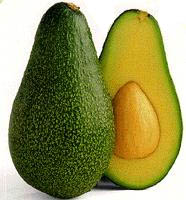
Avocados are Cholesterol & Sodium Free
Cholesterol is a naturally occurring body fat which is important for cell structure, making hormones, and providing energy. Too much cholesterol in the blood can cause hardening and narrowing of the arteries, conditions which will ultimately lead to a whole host of illnesses and diseases.
Avocados are completely free of cholesterol and sodium, and the unsaturated fats contained in the fruit aid in the growth and development of the brain and nervous system. So these unassuming fruits will keep your arteries clear, keep your brain working well, and stop you from ingesting excessive amounts of salt that can wreak havoc with your health.
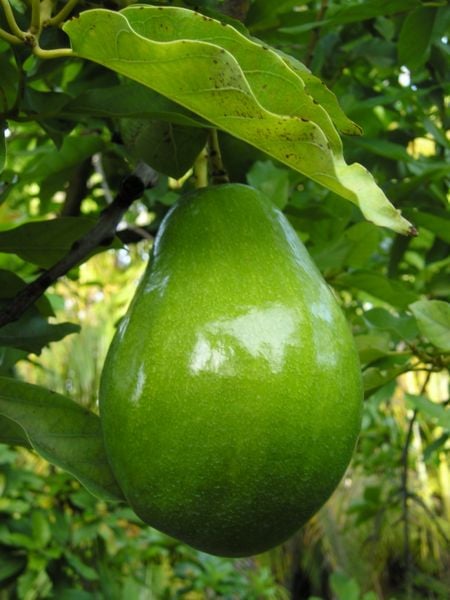
What's In An Avocado?
Nutrient
| Benefits
| Amount per 1-oz Serving
|
|---|---|---|
Dietary fiber
| Makes you feel full, promotes healthy laxation, and lowers the risk of cardiovascular disease, obesity, and type 2 diabetes.
| 2 g
|
Folate (folic acid)
| Needed to make normal red blood cells and prevent anemia.
| 27 mcg
|
Iron
| Boosts energy levels to combat fatigue and regulate body temperatures.
| 0.2 mg
|
Magnesium
| Assists with muscle control, energy distribution, and protein production.
| 9 mg
|
Potassium
| Regulates blood pressure and lowers the risk of bone loss.
| 150 mg
|
As well as the minerals listed above, avocados are also packed with a whole bunch of vitamins, such as:
- Niacin (Vitamin B3) - for converting food to energy and helping digestive system and nerves function.
- Riboflavin (Vitamin B2) - for releasing energy from carbohydrates and red blood cell production.
- Pantothenic Acid (Vitamin B5) - essential for growth, for breaking down and using food, and for production of hormones and cholesterol.
- Pyridoxine (Vitamin B6) - helps the body make antibodies to fight off disease and also keeps blood sugar levels stable.
- Thiamin (Vitamin B1) - helps convert carbohydrates into energy and is essential for the functioning of the heart, muscles, and nervous system.
- Vitamin E - boosts the immune system and opens up blood vessels to prevent clotting.
- Vitamin C (Ascorbic Acid) - vital for maintaining the condition of skin, bones, and connective tissue. It also promotes healing and helps your body absorb iron.
- Vitamin K - keeps bones and tissues healthy and makes proteins for normal blood clotting.
What Makes Avocados So Amazing
As well as being nutrient dense and filled with gorgeous goodness, avocado is one of the most versatile and user-friendly foods on the planet. Here are some more fabulous facts about this fantastic fruit you may not be aware of:
- It makes up one of your 5-a-day (fruit) - or 8-a-day, depending on changing government guidelines
- It works equally well in savory or sweet dishes
- It packs any recipe with fabulous flavor
- It makes an ideal first fruit for babies
- It can be used as a trendy serving dish when cut in half
- It can be eaten for breakfast, lunch or dinner
- It makes dressings and smoothies rich and creamy, but without adding fat or sugar
- It's a great vegetarian substitute for animal fats
- It can be eaten with just a spoon
- It can be eaten as a dip OR a dipper
- It complements almost every style of cuisine, from Mexican to Asian
- It can be eaten raw OR baked, grilled, or fried
- It can be part of a starter, salad, main course, dessert, smoothie, Popsicle, or practically any other way you can think of eating it
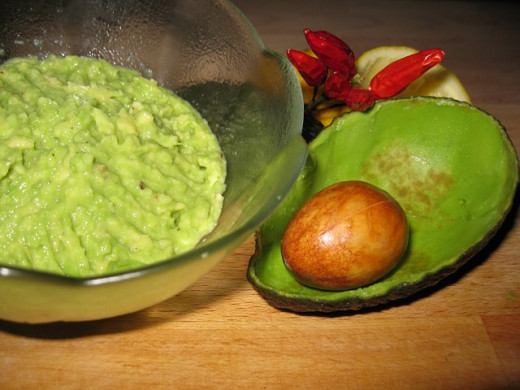
Avocados were considered to be symbols of love and fertility by the Aztecs. This could be due to the fact that the fruit grows in pairs on the tree and that one avocado tree needs another avocado tree nearby to propagate.
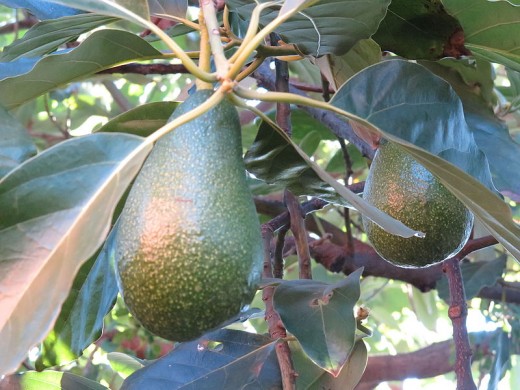
Avocado Recipes
There are plenty of easy and interesting recipes online to turn an ordinary avocado into a spectacular meal. One of the best sites is AvocadoCentral, which you can visit by following this link. The recipe for Raspberry Avocado Salad is positively divine.
To get kids (or fussy grown-ups) to eat more avocado, try making an avocado popsicle. Add half an avocado, a dash of lime juice, and 2 tablespoons of honey to 1 cup of milk, and then freeze in the shape of your choice.

